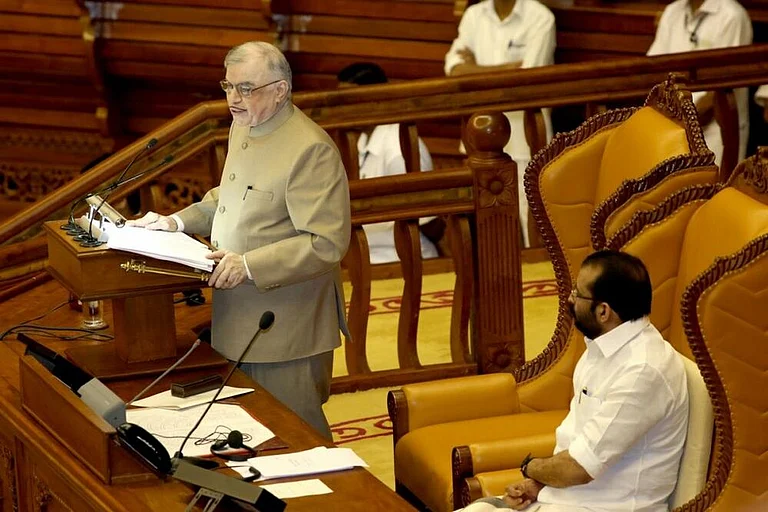Virginia has taken a significant step towards promoting fairness in college admissions by outlawing legacy admissions at its public universities. Governor Glenn Youngkin signed House Bill 48 into law on Friday, effectively prohibiting preferential treatment for applicants with family ties to alumni or donors. The move marks a departure from a practice criticized for perpetuating privilege and hindering diversity.
The legislation, which unanimously passed in both the Virginia House of Delegates and the State Senate, will come into effect on July 1, affecting admissions for the upcoming fall semester. Governor Youngkin, a Republican, emphasized that admission to Virginia's universities should be based on merit rather than familial connections.
Virginia becomes the second state, after Colorado, to enact such a ban, with similar legislation under consideration in New York and Connecticut. State Senator Schuyler T. VanValkenburg, a Democrat who sponsored the bill, expressed satisfaction with the bipartisan support it received, hoping it will set a precedent for other states.
Legacy admissions have faced renewed scrutiny, particularly after the Supreme Court's ruling against affirmative action last June. Critics argue that such preferences undermine merit-based admissions and exacerbate inequalities in higher education.
While the University of Virginia did not immediately respond to requests for comment, William & Mary stated that it does not anticipate significant changes to its admissions process. However, data from the university suggests that accepted applicants with legacy status were more likely to enroll than others.
Efforts to end legacy admissions have garnered bipartisan support at the federal level, with Senators Tim Kaine and Todd Young advocating for the Merit-Based Educational Reforms and Institutional Transparency Act. They welcomed Virginia's decision and urged further action to ensure fairness in admissions nationwide.
Despite these developments, concerns remain about potential repercussions, including alumni donor relations and the impact on minority students. Critics argue that familial connections can benefit underrepresented groups, while others stress the need for transparency and equity in admissions practices.





























